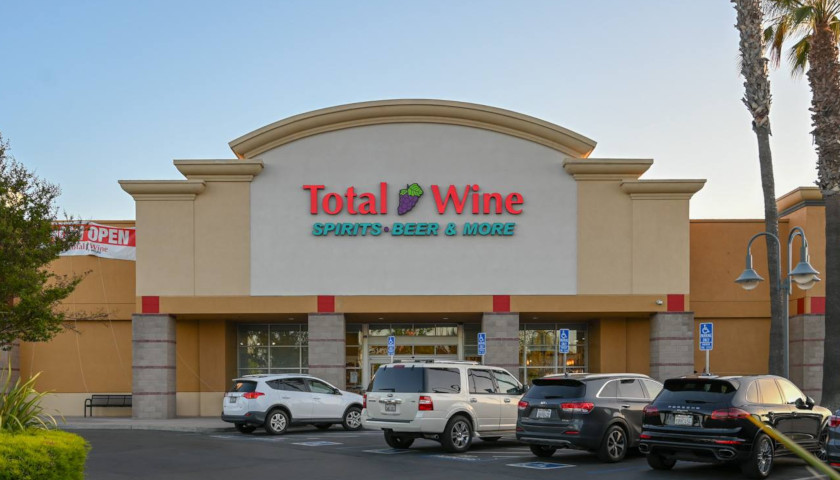The Supreme Court ruled against a Tennessee law that requires people to live in the state for two years before acquiring a retail license to sell alcohol.
The court’s 7-2 decision ruled that Tennessee’s law had violated the Constitution’s Commerce Clause, which gives Congress the power “to regulate Commerce with foreign Nations, and among the several States.”
“Because Tennessee’s two-year residency requirement for retail license applicants blatantly favors the state residents and has little relationship to public health and safety, it is unconstitutional,” conservative Justice Samuel Alito wrote in the majority opinion.
The case (Tennessee Wine and Spirits Retailers Assn. V. Russell F. Thomas, Executive Director of Tennessee Alchohol Beverage Commission, Et Al.) gave the Supreme Court a chance to define the 21st Amendment’s scope, which allows states to regulate alcohol sales within state lines. Previously, the court ruled against Michigan and New York laws prohibiting out-of-state based wine companies from shipping wine within their states. In the Granholm v. Heald case, a 5-4 decision decided these state laws also violated the Commerce Clause.
“While this requirement is less extreme than the others that the Sixth Circuit found to be unconstitutional, we now hold that it also violates the Commerce Clause and is not shielded by §2 of the Twenty-first Amendment,” Alito wrote.
The two dissenters, Justices Neil Gorsuch and Clarence Thomas, thought the 21st Amendment allowed for states to have laws like the one passed in Tennessee.
“Like it or not, those who adopted the 21st Amendment took the view that reasonable people can disagree about the costs and benefits of free trade in alcohol,” Gorsuch wrote in the dissenting opinion.
He noted that Tennessee’s law had been in place for 80 years and thought it was odd how the court decided to now rule it was unconstitutional.
“Today and for the first time, the Court claims to have discovered a duty and power to strike down laws like these as unconstitutional. Respectfully, I do not see it.”
This lawsuit came about in 2016 after Tennessee Fine Wines and Spirits asked state officials to reject a license application by Total Wine and Kimbrough Fine Wine & Spirits, which is operated by a couple from Utah.
Large companies who sell alcohol are seen as the winner of this case. Now, out-of-state based companies in Tennessee can sell alcohol without having to wait two years to apply for a license.
– – –
Zachery Schmidt is the digital editor of Battleground State News.
Photo “Total Wine” by Total Wine.




